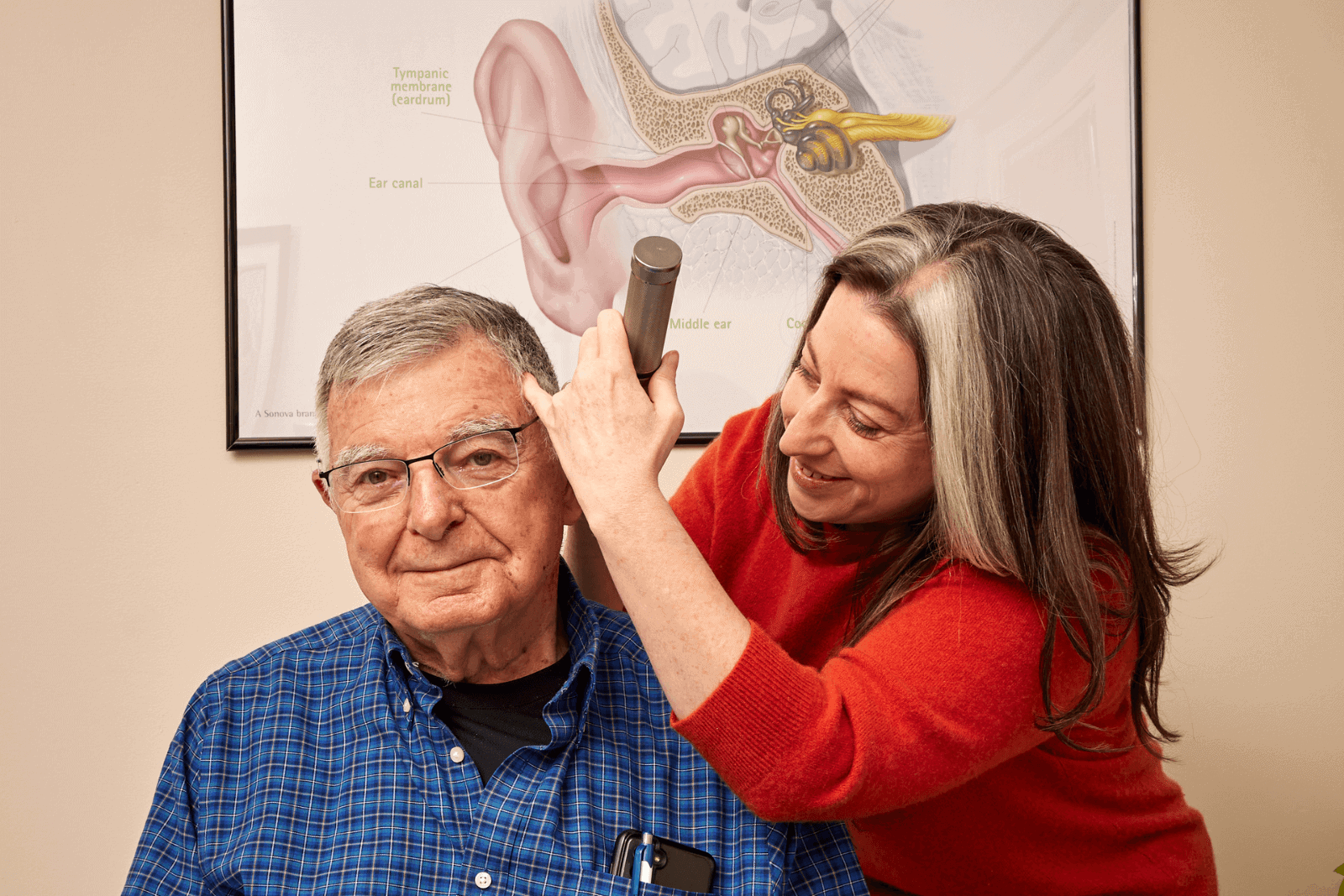One of the hardest parts of aging is coming to terms with losing our abilities. Whether its balance, eyesight or hearing, gradual loss often means we won’t make a change until there’s a major accident or injury.
According to the National Institute on Deafness and Other Communication Disorders, just three in 10 adults over 70 and just 16 percent of adults under 70 with hearing loss have ever used hearing aids.
Tarja Oliver, AuD and Abigail Sedenka, AuD, are the owners of Dirigio Hearing Center in Biddeford, a practice they opened to better provide individualized care to their patients. A common objection to hearing aids is that someone’s hearing is not bad enough yet, but the truth is, even slightly diminished capacity can negatively affect your lifestyle.
They shared four common yet subtle signs of change that you or a loved one should take their hearing loss seriously and get a professional evaluation.
Why am I so tired?
If you’re ending the day feeling worn out and needing the volume on the TV louder, you may be experiencing auditory processing fatigue secondary to hearing loss. Dr. Oliver says, “As your hearing changes, you need to put in a significant amount of effort just to hear what people are saying, let alone process what they’re saying, think of a response and feel engaged. It takes a toll.” Auditory processing fatigue is one of the reasons scientists are connecting hearing loss to overall cognitive decline, an urgent issue Drs. Oliver and Sedenka discuss with their patients.
Huh? What?
“Thinking that everyone speaks too fast or mumbles is a sign of hearing loss,” says Dr. Sedenka. Regularly asking people to repeat themselves is a marker for hearing loss that your social circle often recognizes before you do. Even if you thought you were part of a conversation, you might have missed a key date, time, address or name, which can lead to confusing communication or frustrating mistakes. Prescription hearing aids do more than turn up the volume: they can help filter background noise so you can get the details.
Where’s my phone?
Have you ever torn apart your place looking for a phantom sound? Not being able to pinpoint where a sound is coming from is another sign of hearing decline. Another phone-related sign is using speakerphone or holding the phone at full-volume to your ear. While these methods may be working at the moment, they can also reveal sensitive information and will likely annoy people around you.
Can you turn it up a bit?
Continuous volume increases on your TV is a dead giveaway that “yet” is actually right now. Check where the level is and ask yourself if you’ve been dialing up the number to a volume you rarely reached before.
Drs. Oliver and Sedenka said that prescription hearing aid technology is greatly advancing, with smaller, more comfortable devices and the ability to connect directly to Bluetooth enabled devices, allowing you to smoothly transition between phones, cars and home.
So don’t wait for “yet.” It’s already here. Think of all the conversations you’ll finally catch up on, new experiences you won’t be stressed to step into and how much more patient your special people will be with you. Audiologists like Dr. Oliver and Dr. Sedenka can work with you to create a personalized treatment plan that fits your lifestyle.

